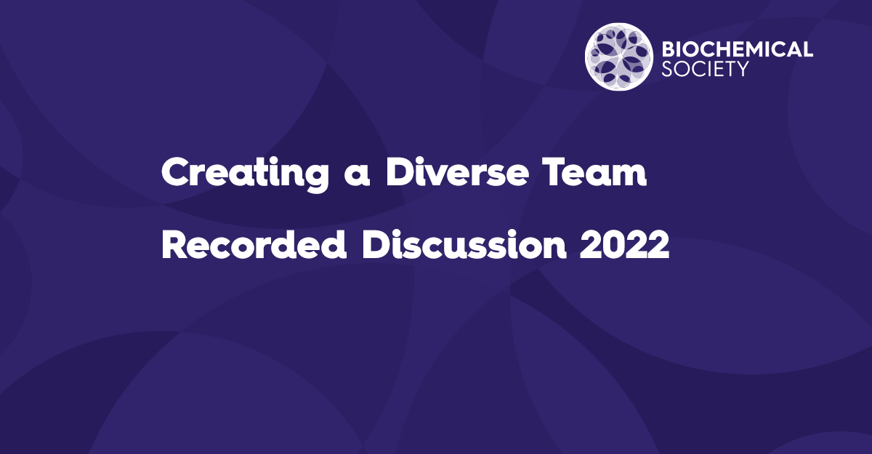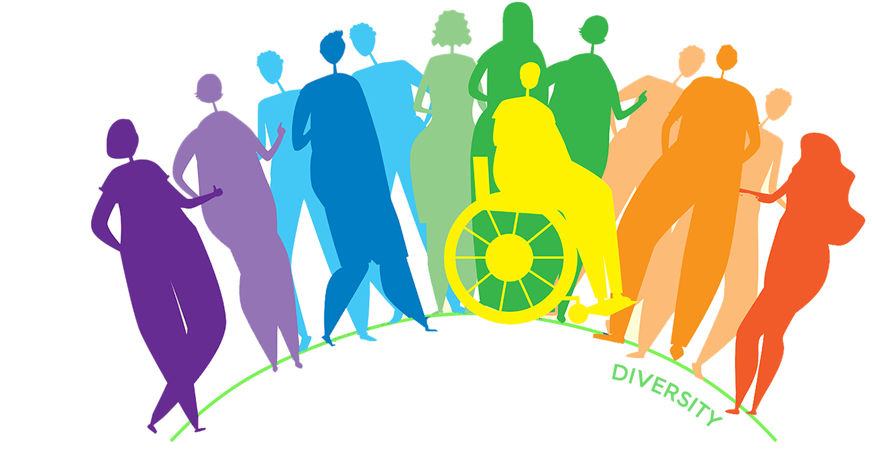
Equity, Diversity & Inclusion
Our EDI Data Surveys
Our annual EDI Data Survey allows us to better understand our community and how we can make changes to provide as inclusive an environment as possible for all.
Learning more about the different groups of people who engage with us means we can take steps to tailor changes based on data, rather than using guesswork or assumptions. It also allows us to identify gaps and barriers to engagement that we can work to address.
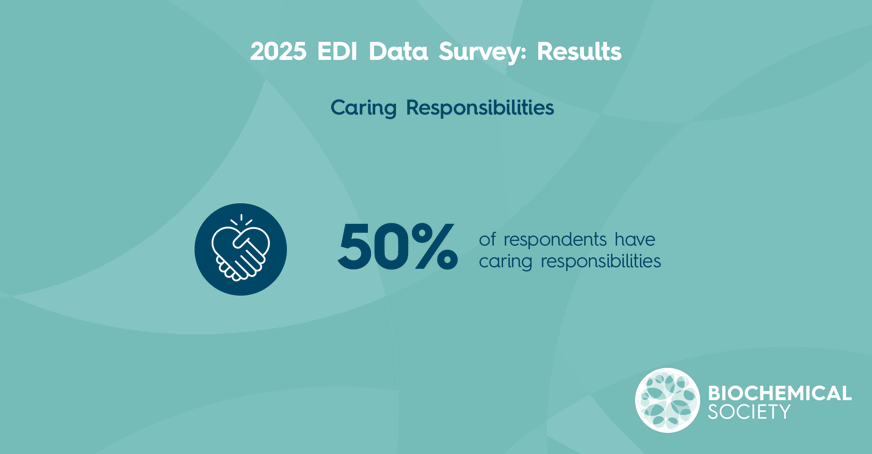
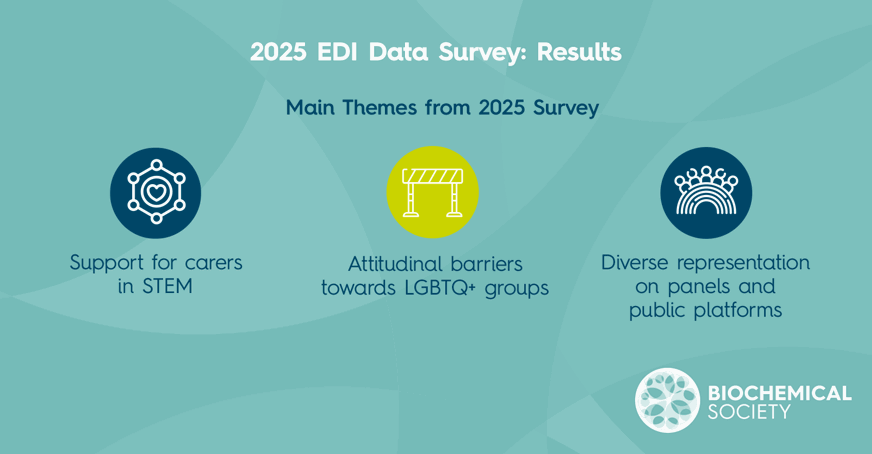
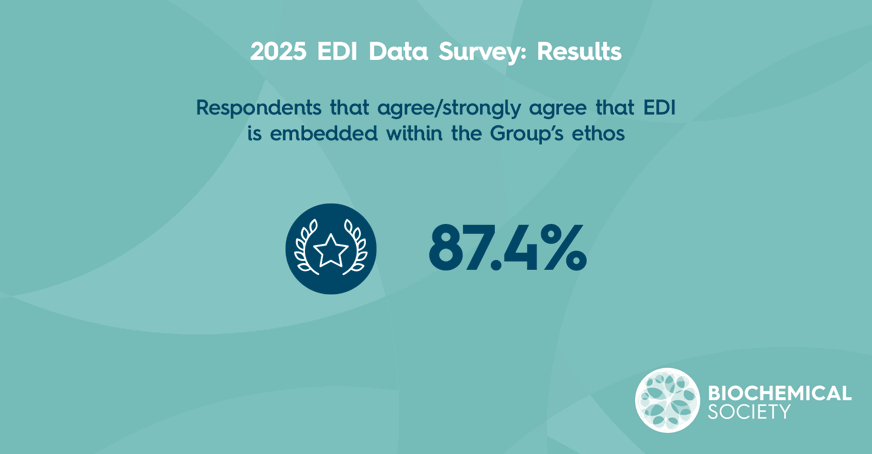
Ensuring diversity amongst our Trustees and leaders
- We extended our anonymised nominations process to include all Editorial Board recruitment from February 2025
- We have investigated potential opportunities for a Trustee mentoring scheme, which we aim to deliver in 2026
Support for mid-career professionals
- We are investigating the development of coaching and resources we can make available, while potentially engaging our Emeritus community to support in this area

